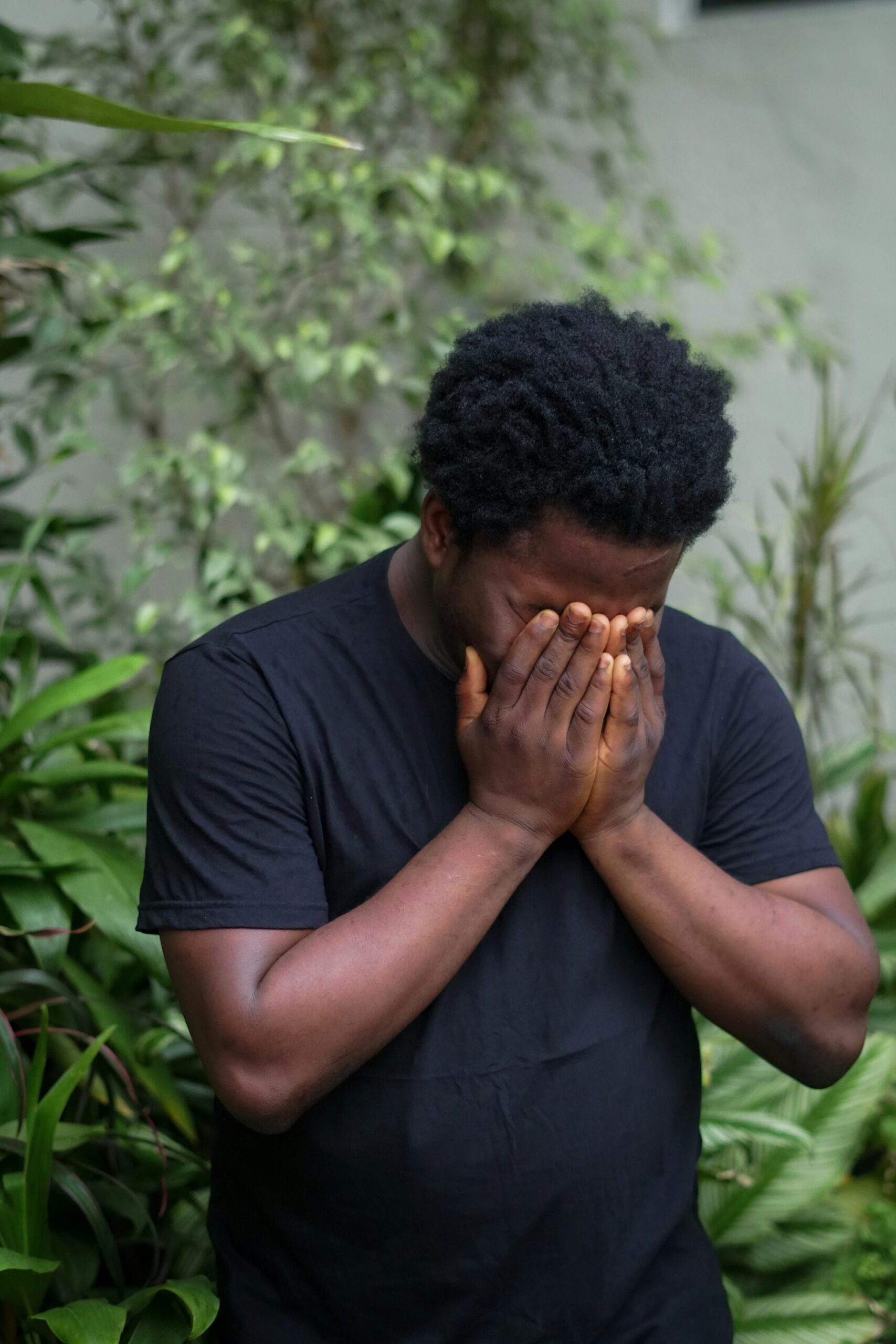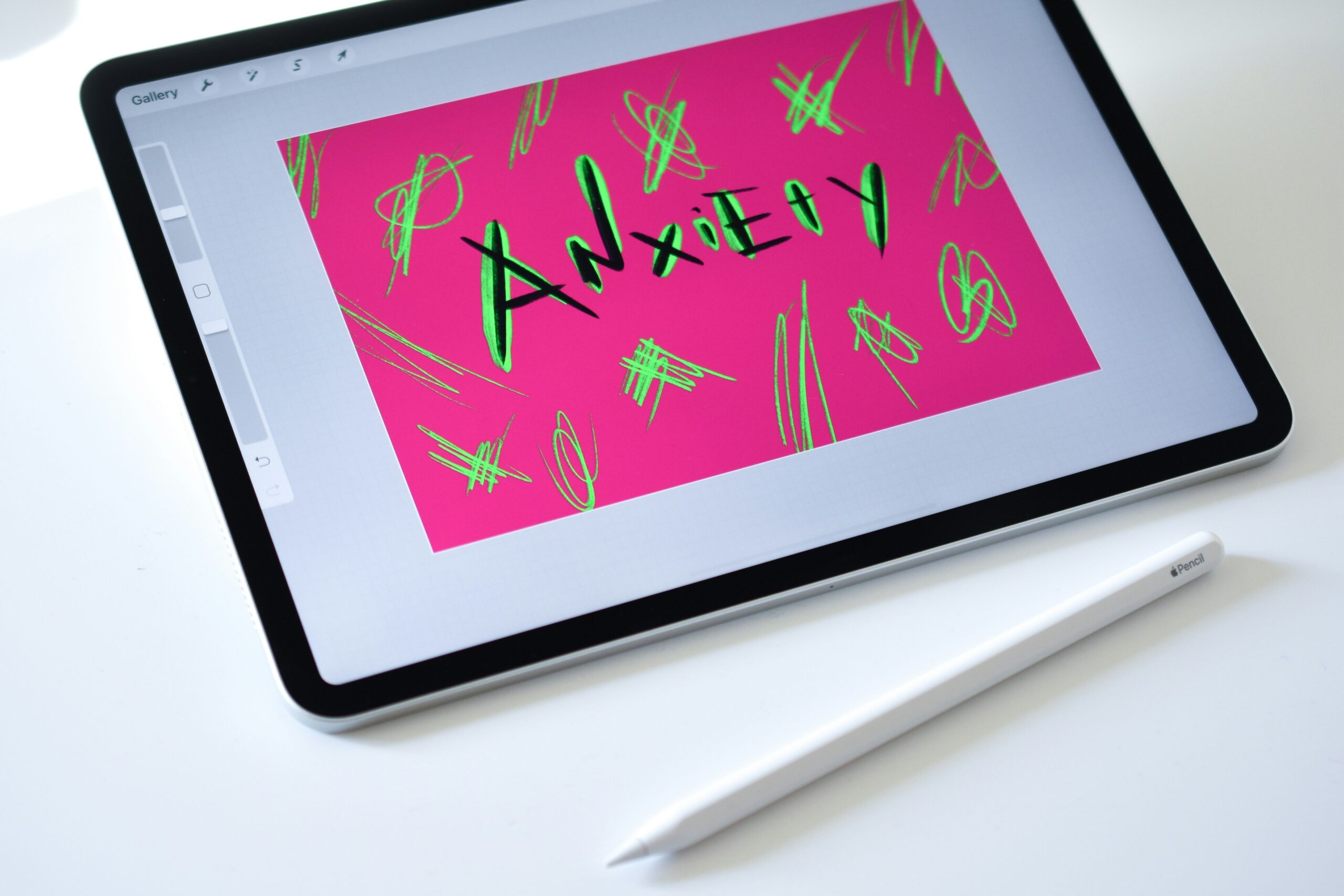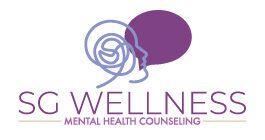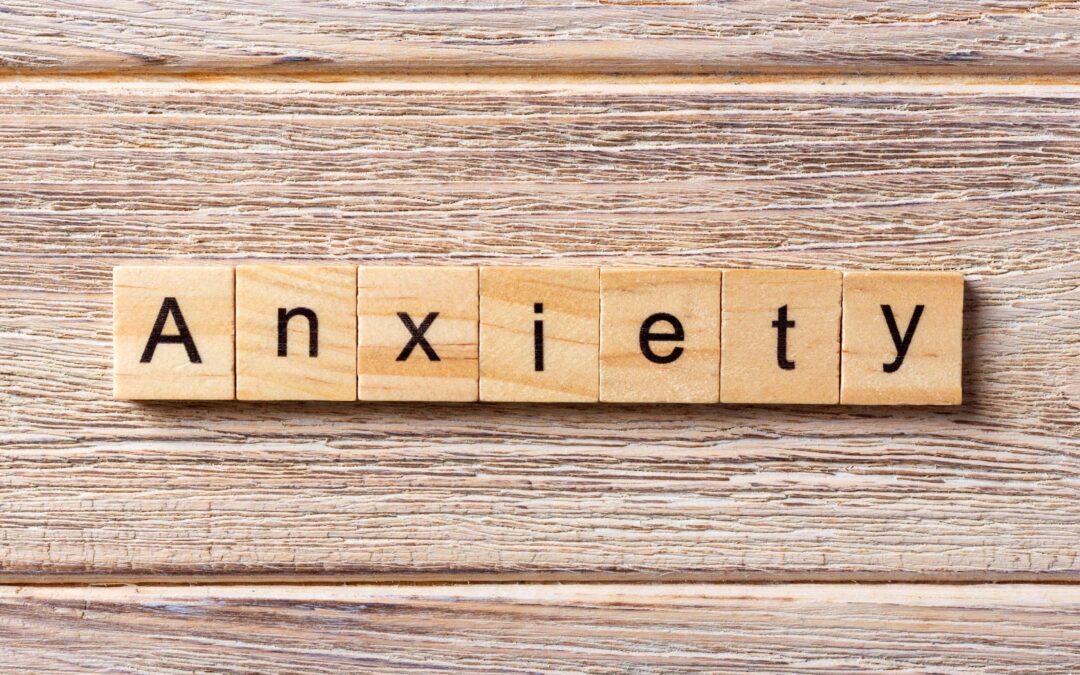Anxiety is a natural part of the human experience. It’s something that we all feel from time to time, whether it’s before a big presentation, an important decision, or even during stressful situations in our personal lives. However, not all anxiety is the same. There’s a difference between healthy anxiety, which serves as a protective mechanism, and unhealthy anxiety, which can take a toll on our well-being. Understanding this difference is essential for managing anxiety in a way that doesn’t interfere with our daily lives.
What Is Healthy Anxiety?
Healthy anxiety, or adaptive anxiety, helps us stay alert, focused, and prepared in response to challenges like job interviews, exams, or important life events. It motivates us to take action, whether that means preparing for an event, practicing, or planning ahead. This type of anxiety is temporary and fades once the stressor is handled. It’s tied to the body’s natural “fight or flight” response, which releases adrenaline and cortisol to heighten our awareness and keep us safe. When it drives us to take necessary steps or be cautious, healthy anxiety becomes a useful tool for navigating challenges.

What Is Unhealthy Anxiety?
Unhealthy anxiety, also known as chronic anxiety, is the kind that doesn’t go away and can have a negative impact on your mental, emotional, and physical health. This anxiety tends to persist long after the stressor is gone. It can look like excessive worry, fear, and nervousness about situations that are unlikely to cause harm, often leading to avoidance behavior or a constant sense of dread. Unhealthy anxiety can also interfere with daily functioning, leading to feelings of helplessness, exhaustion, and frustration. It often arises without a clear or immediate cause and can trigger physical symptoms such as rapid heartbeat, dizziness, and difficulty breathing. Over time, if left unchecked, unhealthy anxiety can lead to conditions like generalized anxiety disorder (GAD), panic disorder, and social anxiety.

Key Differences Between Healthy and Unhealthy Anxiety
- Duration: Healthy anxiety is temporary and related to specific situations, while unhealthy anxiety persists over time and can be chronic. If you’re constantly worrying about things that don’t require your attention, it may indicate unhealthy anxiety.
- Impact on Daily Life: Healthy anxiety can motivate you to take action and prepare, but unhealthy anxiety can prevent you from functioning properly. If anxiety is interfering with work, relationships, or self-care, it’s time to address it.
- Intensity: Healthy anxiety is usually proportional to the situation (e.g., feeling nervous before a presentation), while unhealthy anxiety may be intense, overwhelming, and disproportionate to the actual situation.
- Physical Symptoms: Both healthy and unhealthy anxiety can cause physical symptoms, but with unhealthy anxiety, these symptoms can be more severe and persistent, like a racing heart, sweating, dizziness, and chest pain.

How to Manage Unhealthy Anxiety
While healthy anxiety can serve as a motivator, unhealthy anxiety requires attention and care. Here are some steps to manage it:
- Practice Mindfulness and Relaxation: Techniques such as deep breathing, meditation, and progressive muscle relaxation can help calm the mind and body when anxiety levels rise.
- Challenge Negative Thoughts: Often, anxiety is fueled by irrational thoughts. By identifying and challenging these negative thoughts, you can reframe your thinking and reduce anxiety.
- Seek Professional Support: Therapy, such as cognitive-behavioral therapy (CBT), can be extremely helpful for those struggling with unhealthy anxiety. A therapist can help you explore the root causes of anxiety and provide coping strategies.
- Develop Healthy Routines: Regular exercise, healthy eating, and adequate sleep are essential in reducing anxiety. These routines help regulate your stress response and improve overall well-being.
Conclusion
Anxiety is a natural response to stress, but it can be either healthy or unhealthy. Healthy anxiety helps us stay alert and perform well in challenging situations, while unhealthy anxiety can interfere with daily life and well-being. By recognizing the difference and taking steps to manage unhealthy anxiety, such as seeking support and using coping strategies, you can regain control and lead a more balanced life.
Are you ready to learn more about anxiety? Anxiety Treatment in Brooklyn, NY can help.
Our team would be honored to support you in incorporating self-awareness and self-discipline into your daily life. To get started, learn more about SG Counseling in New York. Our brown and black therapists are here to support you. Start your therapy journey by following these simple steps:
- Schedule a free consultation or book a session
- Meet with a caring therapist
- Begin your mental health journey!
Other Services SG Wellness Offers:
Finding support for your mental health matters. Our therapists in NY are here for you and your needs. At our therapy practice, we have therapists who identify as black therapists, Latinx therapists, Dominican, & BIPOC. It’s our mission to offer multicultural counseling that serves you and your needs. We offer therapy for people of color, therapy for Latinx individuals, indigenous populations, and middle eastern clients, as well as therapy for men and women. If you’re looking for a safe space we are here for you.
Additionally, if you’re looking for another kind of support other than anxiety treatment and therapy for perfectionism, we have more services. Other services we offer include therapy for self-esteem, depression treatment, individual therapy, therapy for young and emerging adults, individual relationship therapy. All of our services are offered via online therapy in New York. Areas we serve include Bedstuy, The Broncs, Queens, and Brooklyn, NY. When you’re ready, let’s work together.


Recent Comments